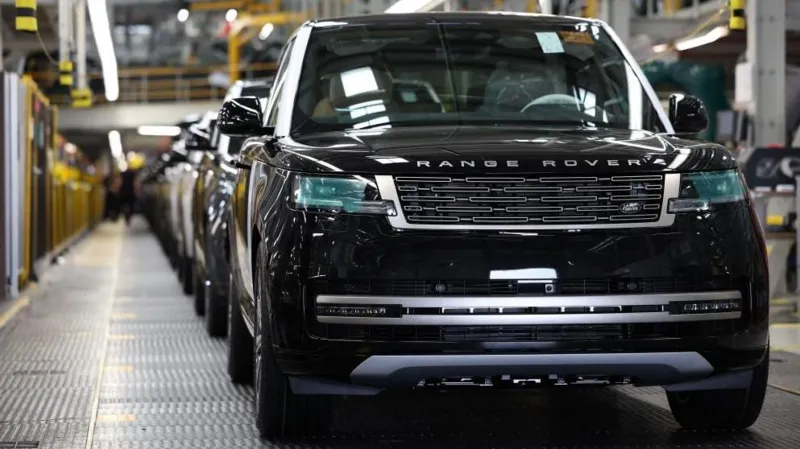Jaguar Land Rover (JLR) has halted car production following a cyber-attack at the end of August, which forced the company to shut down its IT networks. Factories in Solihull, Wolverhampton, and Halewood remain closed, with no confirmed return date, while the attack is estimated to cost the company at least £50 million per week in lost production.
The shutdown has raised concerns about the survival of smaller suppliers who rely entirely on JLR’s business. Industry experts warn that without support, some suppliers could face bankruptcy, threatening tens of thousands of jobs across the supply chain.
The UK government is exploring several options to maintain supplier viability. One proposal involves buying and stockpiling component parts from suppliers until JLR’s production resumes. However, logistical challenges are significant, given JLR’s just-in-time manufacturing process, which requires precise delivery of parts to the production line.
Another option under consideration is providing government-backed loans to suppliers, though reports suggest this approach is not widely welcomed by businesses. Unions had also called for a Covid-style furlough scheme for affected workers, but ministers have ruled this out due to the high cost.
Approximately 30,000 people are directly employed at JLR’s factories, with an additional 100,000 employed across the supply chain. Senior government officials, including the business secretary and industry minister, recently visited the West Midlands to meet with JLR and its suppliers to assess the situation firsthand.
The Business and Trade Select Committee is set to hear testimonies from supply chain businesses, with findings to be shared with the government. This follows a broader concern about a growing pattern of cyber attacks in the UK, including incidents at the British Library, Marks & Spencer, and the Co-op.
A group identifying as Scattered Lapsus$ Hunters has claimed responsibility for the JLR cyber-attack, as well as previous attacks on other UK businesses. With production lines halted and suppliers at risk, swift government intervention could be crucial to stabilizing the automotive sector and safeguarding thousands of jobs.

